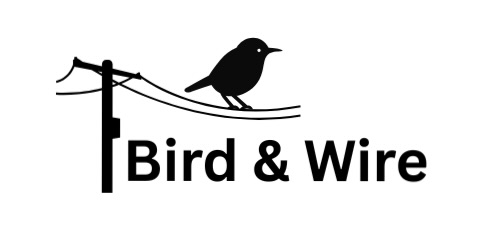In our lives, we frequently encounter dilemmas that test our moral compass. These challenges compel us to weigh conflicting moral principles and make decisions that impact ourselves and others. Often, the “solution” to a moral dilemma isn’t about finding the correct answer but making the best possible decision in a difficult situation. In effect, when it comes to a moral dilemma, we are forced to make a decision that aligns most closely with our values and what we can live with.
The Complexity of Infidelity
Consider the scenario of infidelity. John, who is in a committed relationship with Sarah, discovers that his best friend, Mark, is secretly involved with Emily, who is also a close friend of John and Sarah. The conundrum exists because Mark and Emily are both in committed relationships. John’s dilemma revolves around whether to disclose the affair to Sarah, potentially disrupting multiple relationships, or to maintain loyalty to Mark by keeping the affair a secret.
Some may consider that Mark’s affair with Emily is nobody else business. While an affair implies a breach of trust and commitment in their respective relationships, it might not be John’s problem to resolve. John, however, grapples with a personal view that if his partner was involved in an affair, he would want to know. He believes that an affair is a breach of trust and is generally viewed as unethical and harmful, leading to emotional pain and potentially damaging the integrity of their partnerships. He is unsure what to do.
Potential Scenarios for Resolution
Numerous possible scenarios may play out in seeking a resolution to John’s dilemma. Some of these I describe below.
John Informs Emily: John considers telling Emily he knows about the affair. This choice reflects his stance on honesty and the importance of transparency in relationships.
John Confronts Mark: John might confront Mark, urging him to confess the affair to his partner. This decision might be shaped by John’s loyalty and belief in personal accountability.
John Seeks Sarah’s Advice: Consulting Sarah might offer a new perspective, reflecting John’s trust in her judgment and the value of partnership in decision-making.
John Remains Silent: Opting for silence, John prioritizes maintaining the status quo and his friendship with Mark. This decision is probably influenced by John’s views on personal involvement in others’ relationships and the potential repercussions of disclosure.
Each scenario involves a complex interplay of John’s values, ethical principles, potential impacts on relationships, and his assessment of the responsibilities and rights of everyone involved.
Though rare, Emily might tell Mark’s wife about the affair. This action suggests various motivations, such as guilt, a desire to disrupt the relationship with Mark, or bringing the affair into the open. People involved in affairs typically avoid confrontation unless driven by strong moral convictions or emotional distress.
Factors Influencing Our Morality
Our moral decisions are influenced by a blend of factors, including evolutionary biology, which emphasizes traits like empathy and cooperation; cultural influences that shape our moral views based on societal norms; religious and spiritual beliefs, providing ethical frameworks; philosophical principles, contributing to our moral reasoning; psychological development, particularly identified stages of moral growth; personal experiences and empathy, which deeply impact our judgments; reason and rational thought, aiding in the evaluation of actions; and socialization and education, which teach us societal norms and ethics. These diverse elements collectively guide our understanding and application of morality.
The Importance of Resolving Moral Dilemmas
Unresolved moral dilemmas can lead to psychological stress, strained relationships, and missed personal growth opportunities. They can also have broader social and ethical implications, potentially leading to systemic problems or injustices.
Consequences of an unresolved moral dilemma include:
Psychological Stress: Leading to feelings of guilt, anxiety, or moral distress.
Impact on Decision-Making: Creating hesitancy or indecisiveness.
Relationship Strain: Losing trust or respect in relationships.
Missed Opportunities for Resolution or Growth: Overlooking chances for personal development.
Social and Ethical Implications: Leading to broader societal issues or injustices.
Reputation and Credibility: Affecting one’s standing, especially in leadership or public positions.
Normalization of Unethical Behavior: Encouraging a culture of unethical conduct.
Internal Conflict: Ongoing struggle with ethical dimensions.
External Consequences: Tangible negative impacts on others affected by the situation.
Conclusion
Moral dilemmas like those surrounding affairs are integral to the human experience. They compel us to reflect deeply on our values and principles, confronting challenging choices while growing our understanding of living ethically in a complex world.

